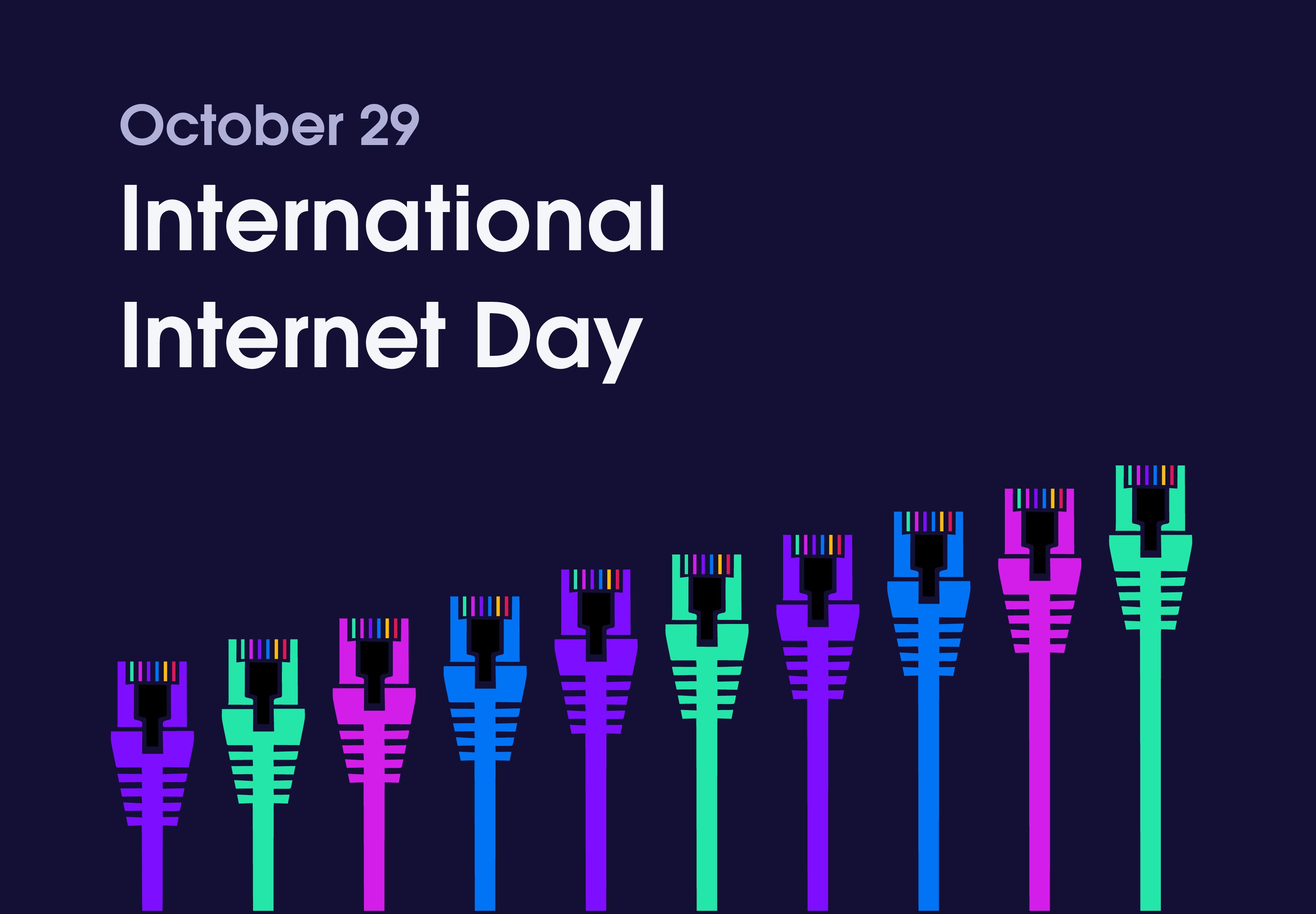In an ideal digital world, everyone has open access to the Internet.
In that world, all traffic is treated equally without any blocking, prioritization, or discrimination.
That ideal world is one where there is widespread support for an open Internet that ensures that publicly available information is equally transmittable from - and accessible to - all people and businesses.
An open network ensures equal accessibility. Network (net) neutrality is a principle based on the idea that all communications on the Internet should be treated equally. It opposes any potential power that some organizations may have to implement different charges or vary service quality. Such actions can be based on a set of factors that include content, platform, application type, source address, destination address or communication method.
In essence, net neutrality demands that all data on the Internet travels over networks in a fair way that ensures that no specific sites, services or applications get favourable service in terms of speed or bandwidth. It also ensures that all traffic - no matter where it’s from - gets the same service.
Is the Internet fair?
The Internet is simply a network of computers sharing information.
A better question to ask would be if ISPs are acting in a fair way.
As the intermediaries between users and the sources of information on the Internet, some large-scale ISPs wield a great deal of power.
Some have been known to tamper with traffic using “middleware” that affects the flow of information. Others act as private gatekeepers that subject content to additional controls throughout the network by giving optimal bandwidth to certain sites, apps and services while slowing down or completely blocking specific protocols or applications.
#internet-day #net-neutrality #open-internet #internet #fix-the-internet #history-of-the-internet #internet-censorship
